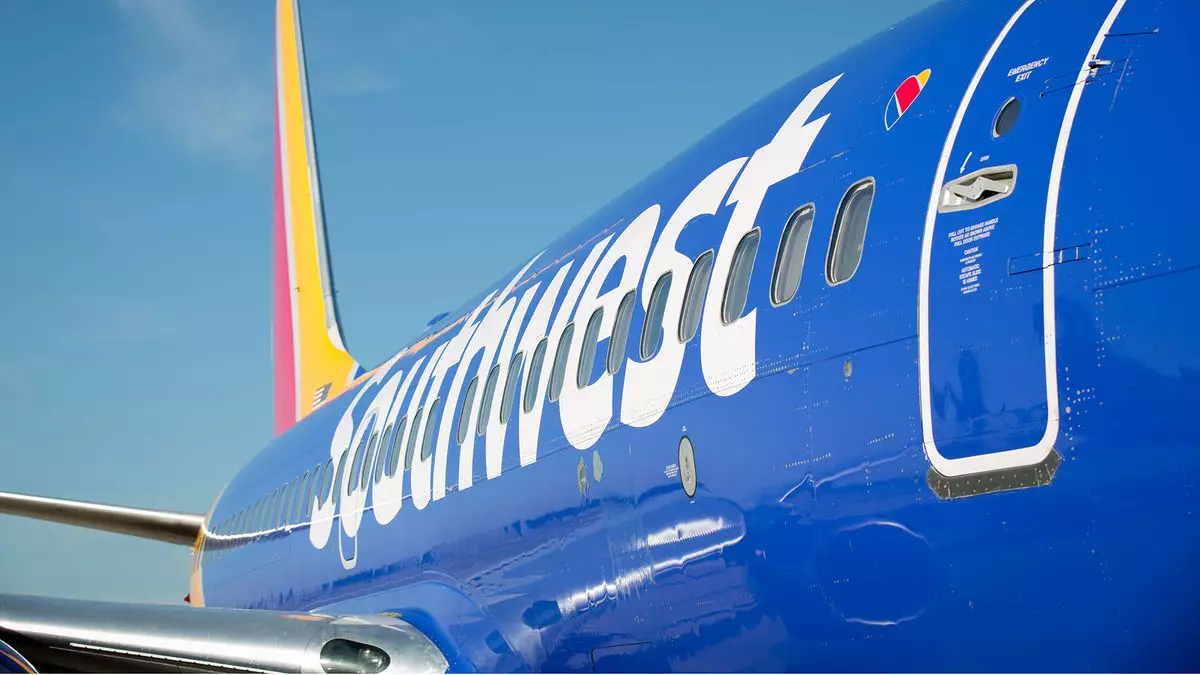The Southwest Airlines board of directors recently made a strategic move to protect the company from activist investor Elliott Management. The board adopted a one-year rights plan, commonly known as a poison pill, to prevent Elliott from increasing its ownership share in the airline. Elliott had already accumulated $1.9 billion worth of Southwest shares, totaling 11% of the company’s ownership as of June 10. This move was made in response to Elliott’s call for the removal of Southwest CEO Bob Jordan and chairman Gary Kelly.
Under this rights plan, if a single shareholder or entity acquires 12.5% or more of Southwest’s common stock, all other shareholders will have the opportunity to purchase additional shares at a 50% discount. Alternatively, Southwest could issue extra shares to existing investors, excluding the shareholder triggering the rights issuance. This defensive strategy aims to prevent Elliott from gaining more control over the airline and is a measure taken to protect the interests of other shareholders.
Elliott Management had put forward a plan that it believes can drive Southwest’s shares to $49 within the next year. This plan includes the immediate removal of CEO Bob Jordan, the appointment of independent board members with airline industry experience, the hiring of a new CEO, and a comprehensive business review. The goal of these proposed changes is to modernize Southwest’s commercial and operational models to improve profitability and competitiveness.
Despite Elliott’s pressure for management changes, CEO Bob Jordan has stated that he has no intentions of resigning, and the Southwest board has expressed its support for the current leadership. The discussion surrounding Southwest’s performance stems from the airline’s declining profit margins and stock price following the pandemic. Southwest’s stock price has dropped to around 50% of its pre-pandemic value, positioning the airline behind competitors like Delta, United, and American in terms of profitability.
To address its recent financial challenges, Southwest has implemented an operational action plan and increased investments in IT to enhance technology capabilities. The airline has also adjusted its capacity plans and hinted at potential changes to its unique seating model and cabin configurations to generate additional ancillary revenue. By making these strategic changes, Southwest aims to improve its financial performance and regain its industry-leading profitability status.
The ongoing battle between Southwest Airlines and Elliott Management highlights the importance of strategic decision-making and defensive measures in the face of activist investor demands. The outcome of this conflict will not only impact the future of Southwest Airlines but also serve as a valuable case study for corporate governance and shareholder activism in the airline industry.


Napsat komentář